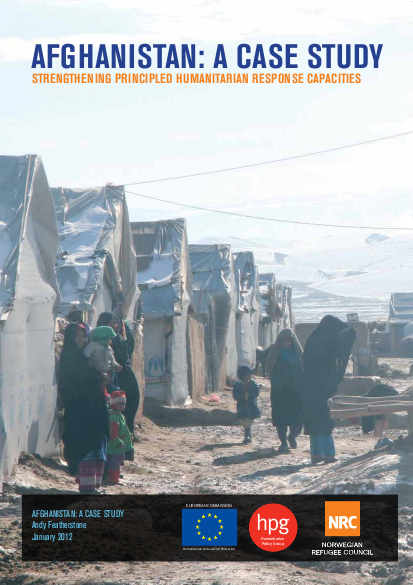
The Norwegian Refugee Council (NRC) is undertaking a study on strengthening principled humanitarian response capacities with research input from the Overseas Development Institute (ODI). Donors and humanitarian actors have committed themselves to providing humanitarian aid in accordance with the following principles, which are enshrined in the Good Humanitarian Donorship (GHD) principles and the Code of Conduct for the International Red Cross and Red Crescent Movement and NGOs in Disaster Relief:
- Humanity: saving human lives and alleviating suffering wherever it is found. This is also referred to as the humanitarian imperative or the right to offer and receive assistance.
- Neutrality: the provision of humanitarian assistance without engaging in hostilities or taking sides in controversies of a political, religious or ideological nature.
- Impartiality: the provision of humanitarian assistance without discrimination among recipients and guided solely by needs, with priority given to the most urgent cases of distress.
- Independence: the provision of humanitarian assistance based on policies formulated and implemented independently from parties involved in the conflict or parties that have a stake in the outcome. According to the Code of Conduct, humanitarian actors will endeavour not to act as instruments of government foreign policy.
This study seeks to examine the challenges to adhering to these principles in practice and how donor funding restrictions can hamper the ability to provide principled humanitarian assistance. The case study in Afghanistan is the second of four case studies (Democratic Republic of Congo, Pakistan and South Sudan are the other three).